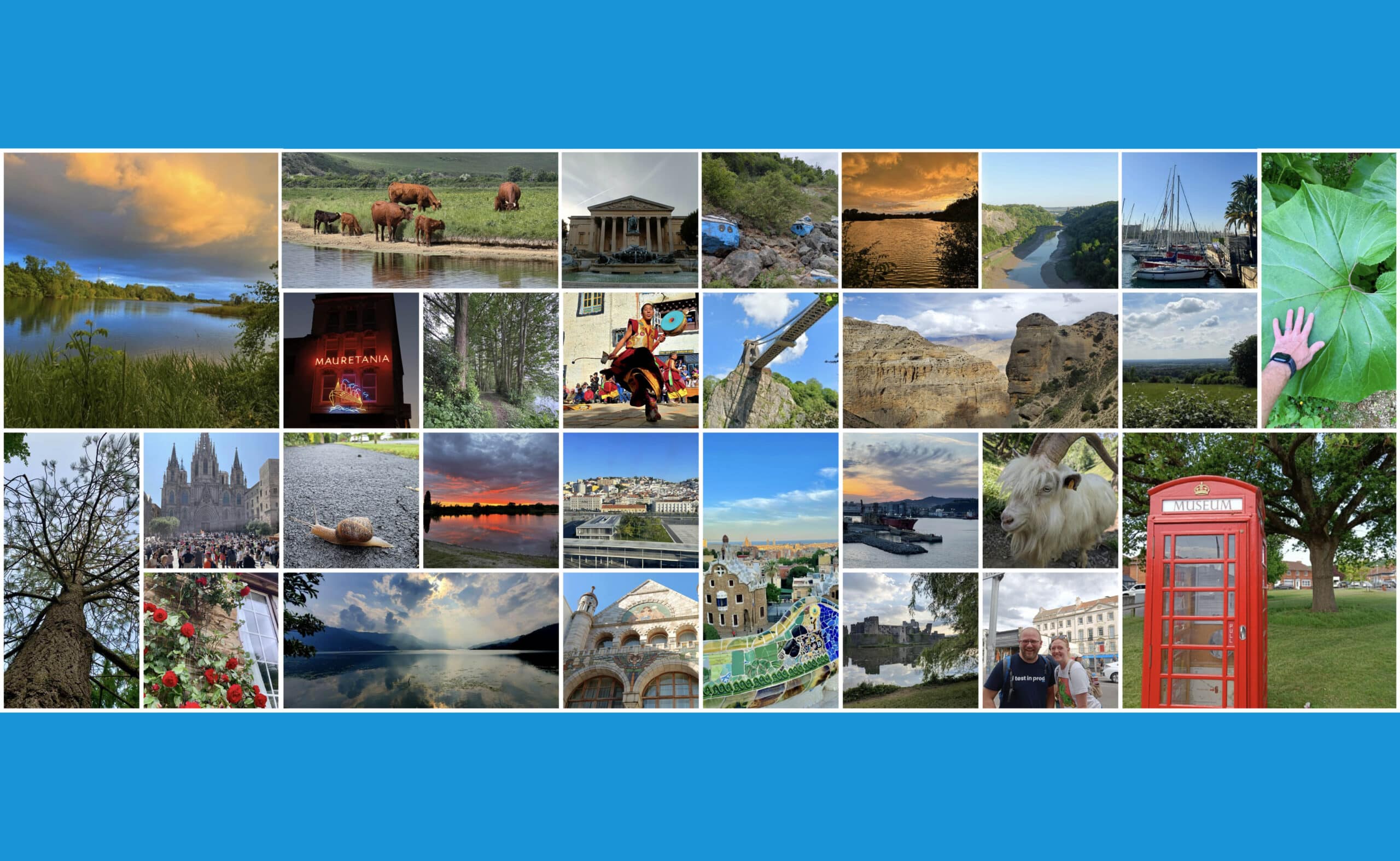
Equal Experts South Africa is contributing to “levelling the playing field” by giving donations to orphanages and sponsoring IT learnerships
July 15, 2020https://www.equalexperts.com/blog/ee-life/physical-distancing-with-online-socialising/Physical Distancing – with Online SocialisingLet’s call what we must do physical distancing instead of social distancing. Let’s socialise more online
March 24, 2020https://www.equalexperts.com/blog/whats-new/appointing-equal-experts-new-chief-commercial-officer/Appointing Equal Experts’ New Chief Commercial OfficerWe are creating a new role, Chief Commercial Officer, as part of the Equal Experts exec team to help make sure, as a global consultancy, we are prepared to respond to customer feedback
March 18, 2020https://www.equalexperts.com/blog/ee-life/happy-5th-birthday-ee-north/Happy 5th Birthday EE North!Equal Experts UK North is celebrating the incredible growth and journey we’ve experienced since we started only five short years ago.
January 22, 2020https://www.equalexperts.com/blog/ee-life/we-are-the-2nd-best-place-to-work-in-the-uk/“We are the 2nd BEST PLACE TO WORK IN THE UK”I was humbled to hear the news that we’ve been ranked the 2nd best place to work in the UK in Glassdoor’s Employees’ Choice Awards 2020. And we share the podium with two very prestigious tech companies.
December 11, 2019https://www.equalexperts.com/blog/ee-life/meet-our-delivery-leads/Meet our Delivery LeadsNovember 18, 2019https://www.equalexperts.com/blog/ee-life/meet-our-developers/Meet our DevelopersNovember 11, 2019https://www.equalexperts.com/blog/ee-life/introducing-the-advice-process-playbook/Introducing the Advice Process PlaybookOctober 18, 2019